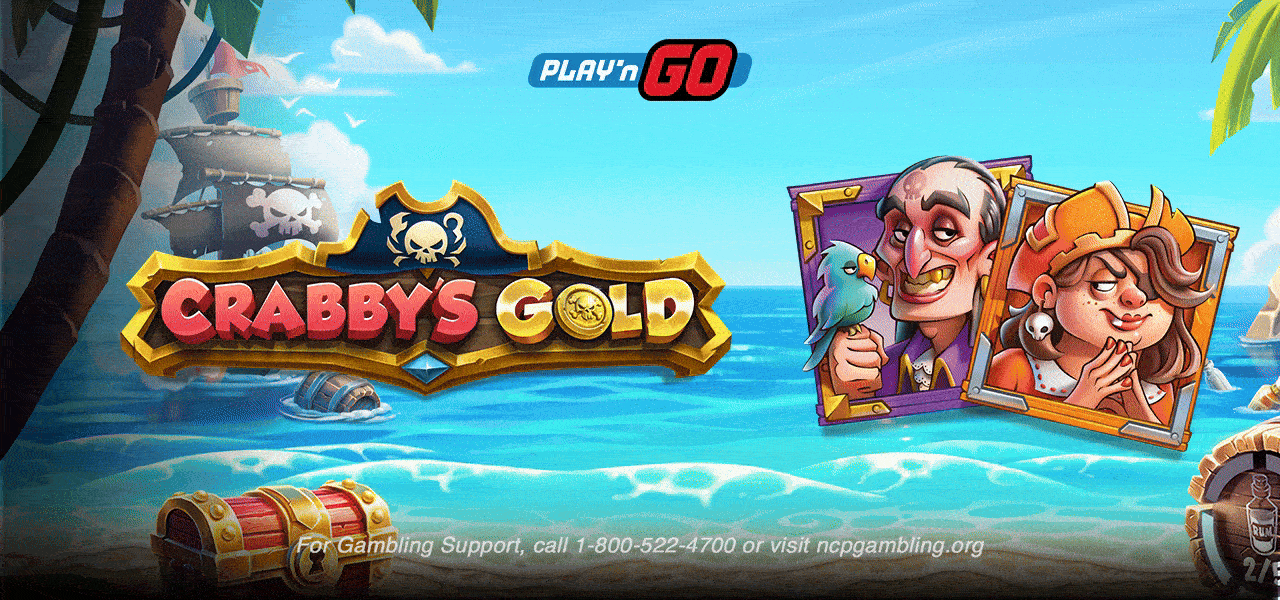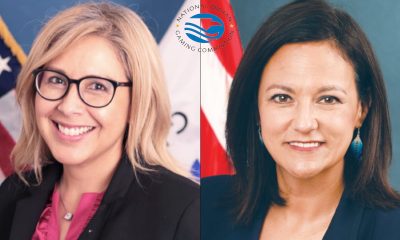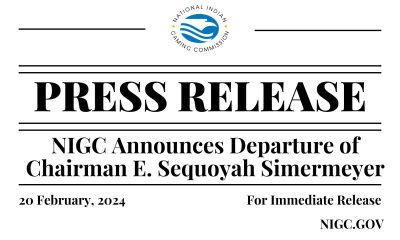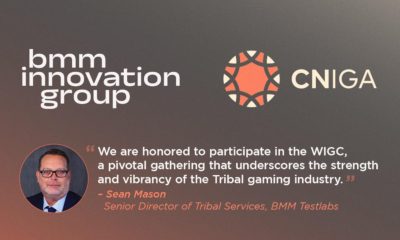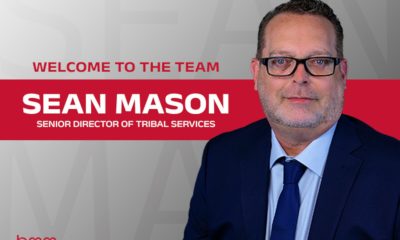Compliance Updates
NIGC Announces Acting Chair

The National Indian Gaming Commission announced the President’s appointment of Associate Commissioner Sharon M. Avery as Acting Chair of the Agency, effective May 15, 2024. Secretary of the Interior Deb Haaland recently appointed Avery to a three-year term as Associate Commissioner, effective May 6, 2024. Avery will serve both as Associate Commissioner and Acting Chair until a presidentially appointed, Senate-confirmed Chair is in place.
As Acting Chair, Avery has the same statutory authority to lead the Agency and take official actions as a Senate-confirmed appointee.
“I am humbled the administration has entrusted me with the distinguished opportunity to serve as the NIGC Acting Chair. In this capacity, and to the best of my abilities, I will diligently execute my duties and responsibilities designated by the Indian Gaming Regulatory Act to continue the Agency’s regulatory oversight of tribal gaming facilities without disruption, until a permanent Chair has been confirmed,” said Avery.
Avery is an enrolled member of the Saginaw Chippewa Indian Tribe of Michigan. She has been with the NIGC for over four years where she has served as an Associate General Counsel in the NIGC Office of General Counsel. Before joining the NIGC, Avery served for more than 10 years in the legal department for the Saginaw Chippewa Indian Tribe of Michigan. Most recently, she served as the Tribe’s General Counsel for Tribal Operations.
Compliance Updates
HIPTHER Launches Responsible Gambling Assessment Tool Across Its Global Gaming Media Network
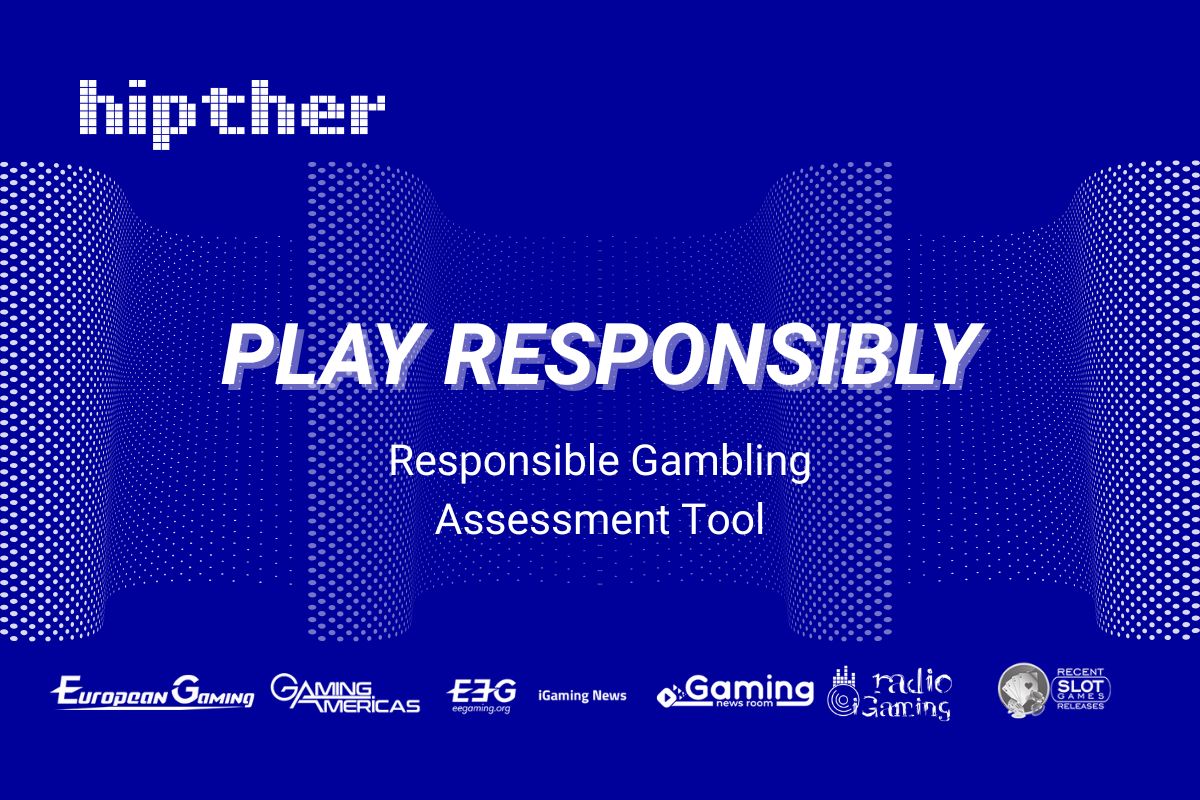
HIPTHER, a leading media and events brand in the Gaming and Tech industries, has launched a new Responsible Gambling Assessment Tool, now live across all of its gaming media platforms. This quick, anonymous self-test is designed to help players better understand their relationship with gambling, encouraging safer play through awareness and early self-checks.
The “Play Responsibly” tool is backed by clinical research and built with user privacy at its core, based on the globally recognized Problem Gambling Severity Index (PGSI) – a 9-question framework used to assess gambling risk levels, from low to moderate or high.
No sign-up needed. No Cost. No data collected. No Judgement. Just honest insight.
Whether you’re simply curious or looking to take a proactive step toward support, this free tool delivers instant results and practical next steps – all in under two minutes.
Key Features:
- Completely anonymous – no registration or personal data required
- Instant results with tailored guidance
- Available in 5 languages
- Mobile-first and accessible across all devices
- Fully GDPR compliant
Designed to meet WCAG 2.1 AA accessibility standards, the tool ensures a smooth and inclusive user experience for everyone. With multilingual support and local resource integration, it helps diverse populations connect with trusted support networks in their region.
“While our media platforms primarily serve the B2B side of the industry, we know they’re also visited by players looking for insights and updates. That’s why it’s important for us to go beyond headlines and contribute real tools that support safer play. This assessment is one small, meaningful step toward that.” – Zoltán Tűndik, Co-Founder and Head of Business at HIPTHER.
Take the assessment today and share it with your community.
Because gambling should always be safe, informed, and fun.
Try it now on any of HIPTHER’s gaming media platforms:
By launching this tool, HIPTHER reaffirms its ongoing commitment to promoting transparency, responsibility, and player well-being in the global gaming industry. Together with our partners and audiences, we continue working toward a safer, more informed future for players everywhere.
Compliance Updates
Aristocrat Gaming Wins Land-based License to Develop MONOPOLY Slot Games

Aristocrat Gaming and Hasbro announced that Aristocrat Gaming is the winner of a competitive RFP to create MONOPOLY slot games for worldwide land-based gaming venues, securing a multi-year agreement. The landmark partnership will see Aristocrat Gaming launch all-new MONOPOLY-themed slot titles, beginning in early 2026. The company is excited to reintroduce one of the world’s most iconic brands to land-based slot games.
“To be selected as Hasbro’s land-based slots partner – after a highly competitive process – is a proud milestone for Aristocrat Gaming. Our commitment to innovation and bold creativity sets us apart, and we’re excited to reimagine MONOPOLY slot games for today’s players around the globe,” said Craig Toner, CEO of Aristocrat Gaming.
“It was evident through our selection process that Aristocrat Gaming was the natural fit for the next evolution of the Monopoly brand in the gaming category. We can’t wait for Monopoly fans to experience all new premium gaming content on casino floors,” said Claire Hunter Gregson – Director, Gaming Relationships of Hasbro.
Compliance Updates
Statement from NYSGC Chair O’Dwyer Regarding Casino Applicants

NYSGC Chair O’Dwyer has released the following statement regarding casino applicants.
“On behalf of my fellow Commissioners and the Gaming Facility Location Board, I welcome the eight applicants to Develop and Operate a Gaming Facility in New York State to the competition. The Commission and Board are committed to ensuring the casino siting process is fair, transparent, competitive, deliberative, and beneficial for the State of New York.
“This is a tabula rasa – there are no frontrunners or favorites. These eight proposed projects represent billions of dollars in private investment, thousands of jobs, and amenities in addition to a world-class casino – all things that can transform a community. That’s why each project must obtain all local entitlements, including zoning approval, and be approved by a specific Community Advisory Committee of appointees of the elected officials representing the proposed facility’s location. Only those projects that meet both statutory requirements – zoning and Community Advisory Committee approval – by September 30, 2025 will be considered by the Gaming Facility Location Board. This ensures that only those projects embraced by the community are placed before the Board for consideration.
“Appointing authorities for all eight projects have been notified of their obligation to make appointments to the Community Advisory Committees as soon as possible, as Committees are expected to be up and running in the coming weeks. Through the summer, Committees will hold public hearings to gauge support and/or opposition to their respective project, and formally vote whether to advance the project for Board evaluation. Those projects that are not approved by their Community Advisory Committee will not advance.
“The Board will evaluate those projects approved by their Community Advisory Committee and select up to three projects by December 1, followed by Commission licensure. This ensures that New York State will collect the already-booked casino license fee(s) ahead of schedule.
“As the Board has stated in the Request for Applications, the revenue from new gaming facilities is expected to benefit New York’s public schools, mass transit, local governments, and problem gambling treatment services. The jobs created by these casinos are expected to deliver livable wages to help families live, stay, and prosper in New York.
“We look forward to a competitive process with active community engagement for all proposals.”
-
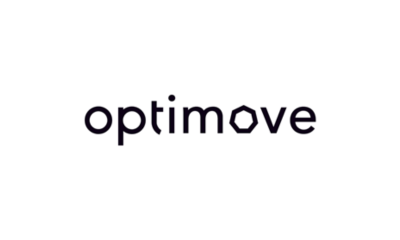
 Latest News7 days ago
Latest News7 days agoOptimove and EveryMatrix Launch Real-Time Integration to Power Smarter Marketing for iGaming Operators
-
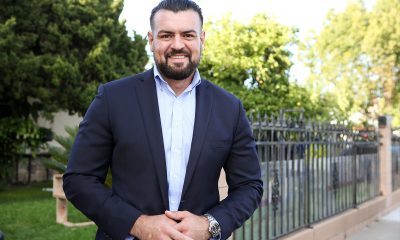
 Compliance Updates7 days ago
Compliance Updates7 days agoNew Bill in California Could End Online Sweepstakes Gaming
-

 Latest News7 days ago
Latest News7 days agoSpotlight 29 Casino and Tortoise Rock Casino to Launch Konami Gaming’s SYNKROS Casino Management System
-

 Central America7 days ago
Central America7 days ago21VIRAL Boosts Latin American Reach Through Strategic Partnership with Virtualsoft
-

 eSports7 days ago
eSports7 days agoEsportes da Sorte celebrates Brazilian culture with Parintins and São João Sponsorships
-
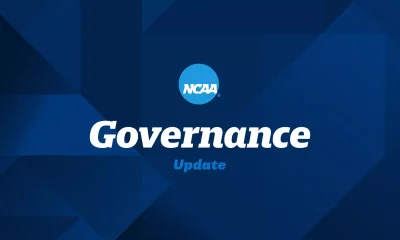
 Compliance Updates7 days ago
Compliance Updates7 days agoNew Initiative from DI Council Aims to Enable Betting on Professional Sports
-
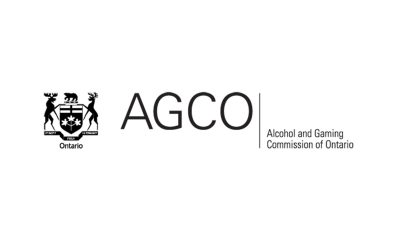
 Canada4 days ago
Canada4 days agoAGCO Fines Great Canadian Casino Resort Toronto $350,000 for Serious Regulatory Violations Linked to Impromptu After-Party on Gaming Floor
-

 Latest News4 days ago
Latest News4 days agoEDGE Boost Named Preferred Payment Method for World Series of Poker Event Series


